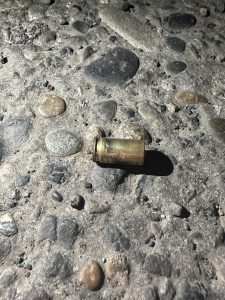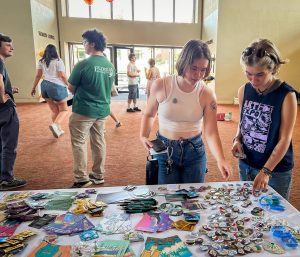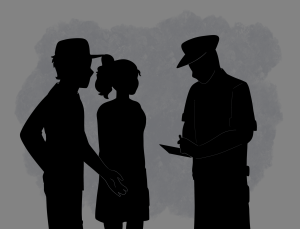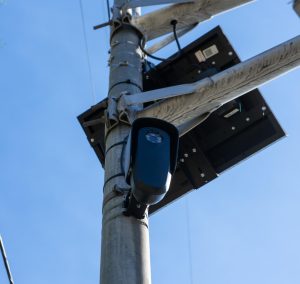Professor Matteo Bortolini talks on politics and religion in the U.S. and Italy
November 17, 2022
Visiting Professor of Sociology Matteo Bortolini from the University of Padua, Italy gave a talk in Olin Auditorium titled “Civil and Uncivil Religion: Politics, Religion and the Public Square in the U.S. and Italy.”
One of the main points of his talk was that right-wing Christian nationalist groups have been able to form transnational alliances with one another, pointing to the Speaker of the Italian Parliament’s relationship with right-wing figures in the United States like Steve Bannon.
After World War II, there was one main Catholic party that ruled in a coalition, winning elections for around 50 years. Then, after a scandal rocked those parties, the Vatican decided that it was much better to have Catholic politicians spread among the parties.
As a point of comparison, he highlighted the fact that contemporary white Christian nationalists and right-wing parties in Italy often employ the same conservative Catholic rhetoric and are in favor of the same values and similar political proposals. These similarities are a result of deliberate attempts at forging alliances with cross and transnational investments in money and symbolic resources; the open boundaries of this global right-wing alliance can create a new political alliance.
Junior sociology major Mwamba Muntanga attended Professor Bartolini’s talk.
“If I got his argument right, he was talking about the Catholics in politics. I don’t fully agree with everything that he said … I think that the Catholics can impact decisions; they sort of have the final say. Countries will look to the Vatican and be like, ‘If this is implemented, what does the Pope think about this?” Muntanga said.
Bortolini spoke about how he believes young people can combat the rise of right-wing Christian nationalist politics.
“This right-wing Christian, or whatever traditionalist global, alliance is not that powerful. It is only much better organized and with a clear view of what they want to do, while the others [are] not. So, there’s a big space of organization [and] creating new alliances, whether national or global, but they are somehow hindered,” Bortolini said.
Bortolini highlighted the work of sociologist Philip Gorski, who wrote a book called “American Covenant,” which discusses the constant argument between white Christian nationalism on the right and extreme secularism on the left. However, Gorski proposed that in religious traditions you can find the tools for a critique of existing society. However, this option is weak because of the constant conflict between white Christian nationalists and extreme secularists.
Professor of Sociology Alvaro Santana-Acuña, who is part of the department who invited Bortolini to speak at Whitman, highlighted the relationship between the talk and the recent rise of Giorgia Meloni, the new Prime Minister of Italy.
“I think this is, as he was [saying] and what the media are saying about [the election], extremely polarized. For instance, the election in Italy was actually pretty close, and then the election of the new president in Brazil was pretty close. We’re living in an age of growing antagonisms and bipolar ideologies,” Santana-Acuña said.






